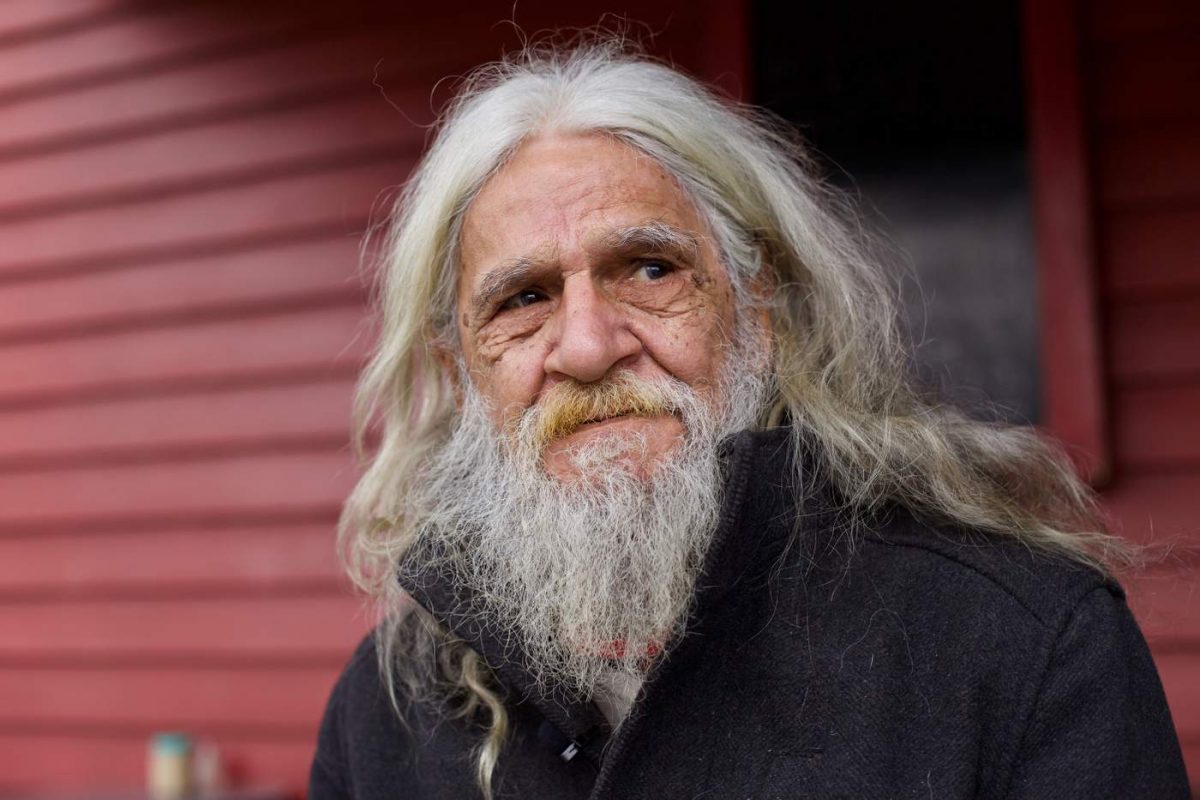CIJ and Woor-Dungin collaborate on Criminal Record Discrimination Project
The Centre for Innovative Justice has continued to work with Woor-Dungin on the Criminal Record Discrimination Project.
SBS NITV published a story on part of the project, Guilty of Being Aborginal, featuring Taungerong Elder Uncle Larry Walsh.
The absence of a spent convictions scheme, and discrimination on the basis of irrelevant criminal record, together constitute a significant extra barrier for many Aboriginal Victorians looking for work, at a time when there is considerable disparity in employment rates between Aboriginal and non-Aboriginal people across Australia (see Figures 1 and 2, below and bottom respectively).

Figure 1: Labour force status of persons aged 15–64 years by Indigenous status, 2014–15. Source: Aboriginal and Torres Strait Islander Health Performance Framework 2017 Report, p. 111
The problem is compounded by the fact that there is a lack of clarity around the issue of criminal record checks and how criminal record information should be used by employers and prospective employees.
CIJ’s Stan Winford, Bronwyn Naylor (RMIT Graduate School of Business and Law) and Georgina Heydon (RMIT School of Global, Urban & Social Studies) are partnering with Woor Dungin to develop a project designed to assist Aboriginal job-seekers to better understand how employers may make use of a criminal record, and what they are able to do to support their job application where they have a criminal record.
Provision of information from the project will enable job-seekers to make informed decisions about applying for work and to better prepare their application and any useful supporting materials.
The project will also enable more detailed and targeted information to be provided to employers (including, for example, Aboriginal corporations) about when and how criminal record checks should be obtained and how criminal history can be used and assessed to support Aboriginal employment, while at the same time managing any relevant issues of risk.
This should lead to more employers feeling able to employ Aboriginal ex-offenders. It should also increase the confidence of Aboriginal communities in understanding their legal obligations and their ability to employ community members, and should lead to more Aboriginal people obtaining rewarding employment.

Figure 2: Employment rate by Indigenous status persons aged 15–64 years, by remoteness, 2014–15.Source: Aboriginal and Torres Strait Islander Health Performance Framework 2017 Report, p. 111
Read ‘‘Criminal records’ of children on being made wards of state’, a research paper by Professor Bronwyn Naylor of RMIT University
NITV’s The Point also covered the story in episode 84
